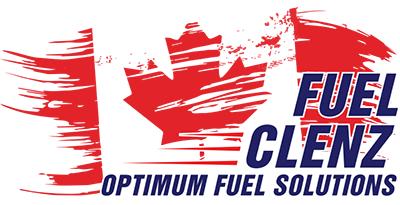WATER – NUMBER ONE CONTAMINANT OF FUEL OIL SYSTEM
Water is the most prevalent contaminant in fuel oil systems, being responsible for a broad array of problems. Water can enter the fuel or fuel system anywhere from the refining process, ship ballast water, precipitation (rain and snow), as condensation in storage tanks and equipment, or from structural deficiencies in the fuel system (i.e. cracks, holes, dents, leaking fill caps, tank venting). Thus, through the diesel fuel supply chain there are a multitude of means in which an ever increasingly greater amount of water can develop within the diesel fuel system prior to combustion.


WATER’S NEGATIVE IMPACT ON DIESEL FUEL & FUEL SYSTEM
Water in fuel and the fuel engine/storage system can lead to corrosion and rust, increased metal wear, ice during cold weather, plugged filters and screens, increased degradation of fuel, premature deterioration
and failure of connectors, seals and pistons, loss of lubricating properties (interfering with oil film production), partial hydrolysis of bio-diesel (diesel blends with bio-fuel) and microbiological growth. Water also is a solvent carrier for inorganic salts, which can contain dissolved acids or other contaminants that can harm the engine. Free water in storage, or vehicle tanks can accumulate salts and polar compounds over time and severely impact fuel injection and engine operation.
